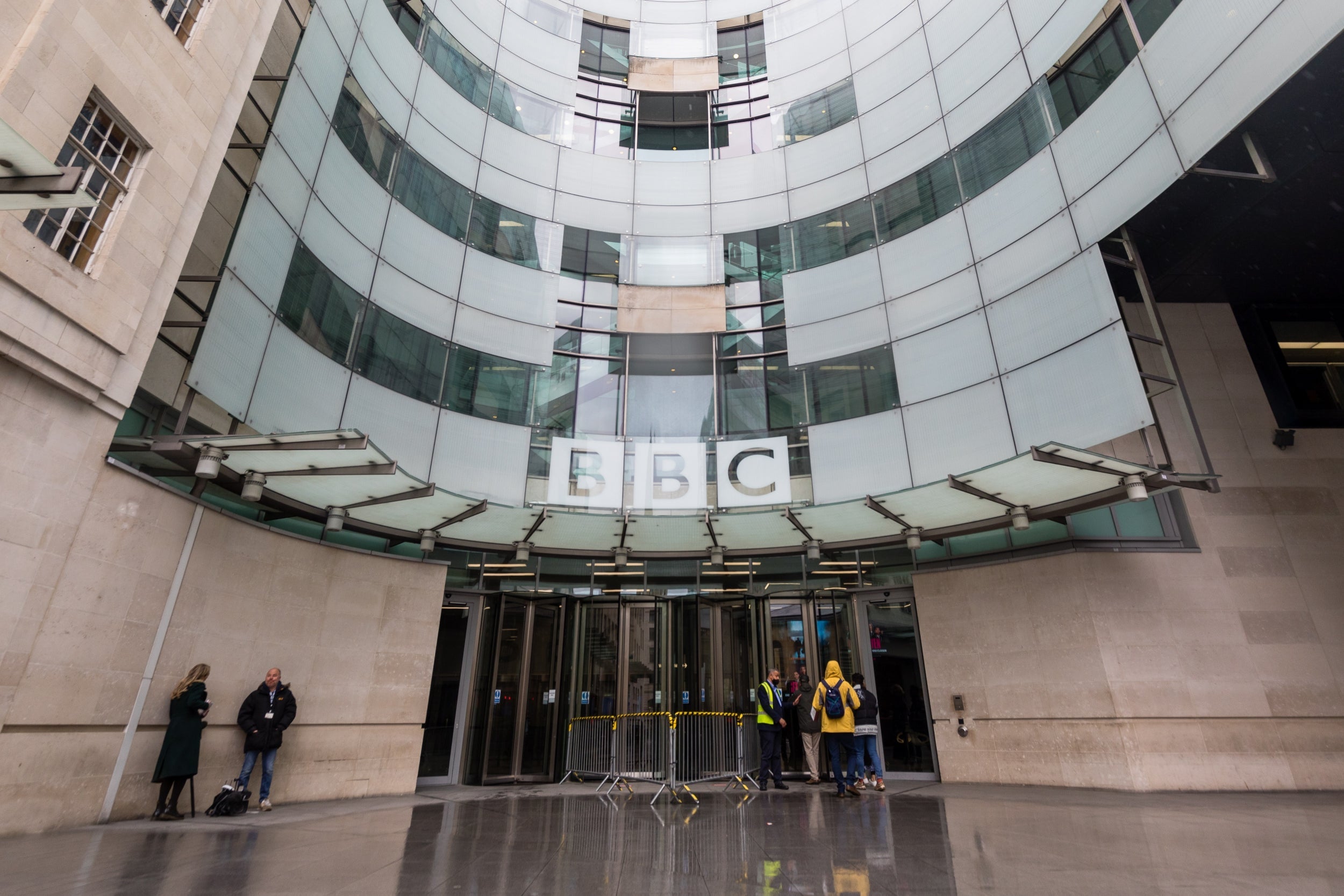Watchdog prevented ministers flouting neutrality code in hiring for top jobs including BBC chair
Interventions were made in the hiring of new heads of the BBC and BFI

Ministers were advised by a watchdog to remove some interview panellists for top jobs at the BBC and the British Film Institute (BFI) because they were “not sufficiently independent.”
The commissioner for public appointments also stepped in to change the panel recruiting a chair for the new university regulator, Office for Students.
The interventions were revealed in a Freedom of Information request by The Guardian.
Peter Riddell, whose term as commisioner ended last month, advised ministers that being “sufficiently independent” means to “not be politically active, to be independent of the department and of the body concerned, and to be familiar with senior recruitment and the public appointments principles”.
Ministers followed his advice and appointed panellists that the watchdog judged appropriate.
There are no rules preventing ministers from appointing political donors or allies to roles leading public bodies, but the panels selecting candidates for the positions have to include a non-political senior independent panel member (SIPM).
A panel recommending the new chair of the BBC included Catherine Baxendale, who was shortlisted to be a Tory parliamentary candidate in 2017 and donated £50,000 to the party when David Cameron was PM.
Richard Sharp – a former adviser to chancellor Rishi Sunak, who has donated more than £400,000 to the Tories – was eventually appointed to the role.
Conservative peer and donor James Wharton, a former Tory MP, was selected to oversee the Office for Students (OfS).
Mr Riddell told The Guardian that the original panel of five assembled by the Department for Education for the OfS job included three that had “clear” links to the Conservative Party and “no one with recent higher education student experience."
The eventual panel included Theresa May’s ex-chief of staff Nick Timothy, former Tory MP Eric Ollerenshaw, and Tory peer Laura Wyld.
Vue cinemas founder Tim Richards, who has not declared any work or donations for a political party, was selected to lead the BFI.
A government spokesperson told The Independent: “The commissioner found no breaches of the code in the cases highlighted; he was properly consulted by ministers as required.
“Public appointments are made in line with the Governance Code for Public Appointments. There is no automatic presumption of reappointment and ministers may decide to make a reappointment, or launch a campaign to attract fresh talent.”
Join our commenting forum
Join thought-provoking conversations, follow other Independent readers and see their replies
Comments